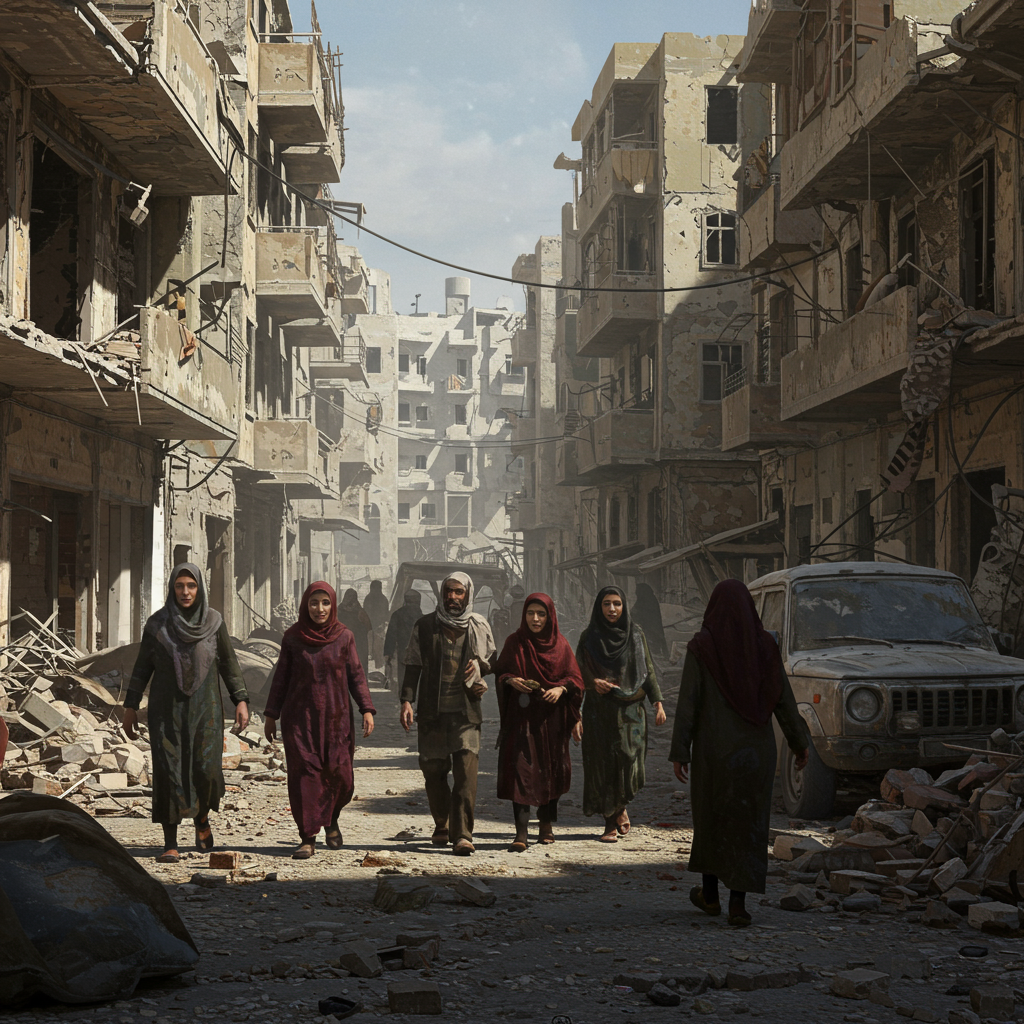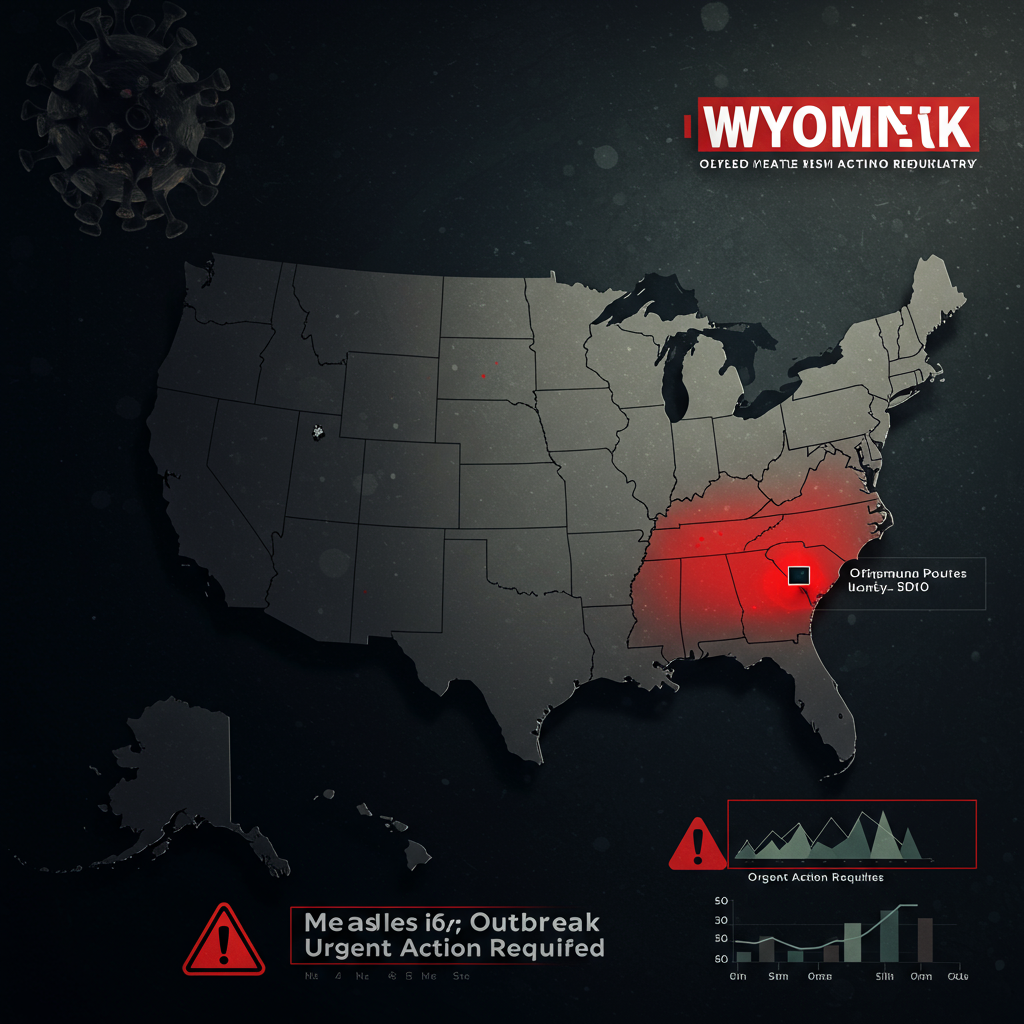Since June 13, 2025, direct military escalation between Israel and Iran has erupted into open warfare, inflicting a devastating toll on civilians across both nations. Amidst relentless daily attacks and threats of further escalation, hundreds have been killed and thousands injured. Iran’s health ministry reported over 224 fatalities and 1,800 injuries, with other sources citing higher figures of over 585 killed and 1,300 injured, including civilians. In Israel, reports indicate at least 24 deaths and nearly 600 injured, all identified as civilians.
As the casualties mount, international organizations like Amnesty International are issuing urgent pleas for both Israeli and Iranian authorities to adhere strictly to their obligations under international humanitarian law (IHL) and ensure that civilians are not the primary victims of this reckless military action.
A Humanitarian Crisis Deepens
The conflict’s impact extends far beyond immediate deaths and injuries. Civilian infrastructure, including homes, schools, and essential services, has suffered significant damage or destruction. Healthcare facilities and personnel are also reportedly affected.
This unprecedented escalation is not confined to Israel and Iran; its shadow stretches across the region. Missile interceptions and falling debris have been reported over countries like Syria, Iraq, Lebanon, and Jordan, further destabilizing an already fragile Middle East. Increased tensions involving armed groups, airspace closures, and widespread protests signal a widening crisis. This new conflict layer risks diverting critical attention and resources from pre-existing, severe humanitarian emergencies in the Occupied Palestinian Territory (OPT), Yemen, Syria, and Lebanon, simultaneously generating new humanitarian needs in a region where 39.3 million people already require assistance.
International Law and Accusations of Disregard
Under international humanitarian law, all parties to a conflict must take every feasible precaution to spare civilians and minimize harm. Direct attacks on civilians or civilian objects are strictly prohibited, as are attacks that fail to distinguish between military targets and civilians or infrastructure. Weapons inherently inaccurate and likely to cause widespread civilian casualties, like ballistic missiles, should never be used in populated areas. Attacks expected to cause disproportionate civilian harm are also forbidden.
However, organizations like Amnesty International assert that both Israeli and Iranian authorities have repeatedly demonstrated a profound disregard for international human rights and humanitarian law, allegedly committing grave international crimes with impunity in the past.
Critics argue that international reactions, including statements from the US and G7, have failed to adequately prioritize the catastrophic impact on civilians, instead appearing focused on geopolitical aims.
Context: Beyond the Current Conflict
It is crucial, human rights advocates emphasize, that the world not allow this new escalation to overshadow or divert attention from ongoing, severe human rights crises.
Gaza and the OPT: Amidst this conflict, Israeli authorities continue actions in the occupied Gaza Strip that organizations like Amnesty International have documented as potentially amounting to genocide. This includes ongoing forced displacement, starvation tactics (highlighted by extended blockades of essential food supplies), and the systematic destruction of civilian areas and life-sustaining infrastructure. Satellite imagery and reports reveal the complete razing of areas like the town of Khuza’a and destruction of vast tracts of fertile agricultural land in Gaza in May 2025, appearing part of a deliberate strategy to render areas uninhabitable and impose genocidal conditions. Israel’s illegal occupation of the entire OPT and its system of apartheid against Palestinians persist, alongside a full closure of the West Bank and rising state-backed settler violence.
Iran’s Domestic Situation: Simultaneously, Iranian authorities have implemented measures impacting their own population. This includes imposing severe internet restrictions and a near-total national internet blackout (connectivity reportedly dropping to 3%), hindering civilians’ ability to access information and communicate. There are also concerns about the arrest of journalists and dissidents, restricted communication for prisoners, and executions linked to alleged espionage.
The Peril of Warnings and Information Control
Adding complexity and fear, both sides have issued public warnings to civilians in major urban centers. Israeli officials issued alarming and often vague warnings and calls for “evacuation” directed at millions in Tehran. These warnings were criticized for lacking clarity on specific danger zones, sometimes issued late at night, and failing to account for the reality that millions cannot leave due to lack of alternative housing, mobility issues, blocked roads, or fuel shortages (which caused queues of over five hours at gas stations for those attempting to flee Tehran). Under IHL, warnings must be clear and practical; simply issuing a broad warning does not permit treating areas as open-fire zones or absolve parties of their obligation to minimize civilian harm.
In response, Iranian state media issued warnings urging residents of Tel Aviv to leave the “occupied territories,” claiming they would become uninhabitable and cautioning against being used as human shields. While these warnings did not trigger the same level of mass panic in Israel due to defense systems and shelters, they highlight the prohibited tactic under IHL of issuing threats designed solely to spread terror among civilians. Furthermore, access to shelters remains an inequity, particularly impacting Palestinian citizens of Israel and Bedouin communities.
Beyond physical threats and warnings, information control is a significant concern. As noted, Iran has imposed severe internet restrictions, isolating its population. Israeli authorities are also accused of using the security context of the escalation to restrict freedom of expression, including targeting Palestinian citizens of Israel over social media posts under strict censorship rules.
A Call for De-escalation and Accountability
The escalating hostilities between Israel and Iran represent a dangerous new phase, with profound consequences for civilians and regional stability. Humanitarian organizations and international bodies are united in demanding immediate de-escalation and strict adherence to international humanitarian law by all parties. The international community must prioritize the protection of civilian lives above geopolitical considerations, push for accountability for all violations, and work towards preventing further suffering in an already deeply troubled region.




